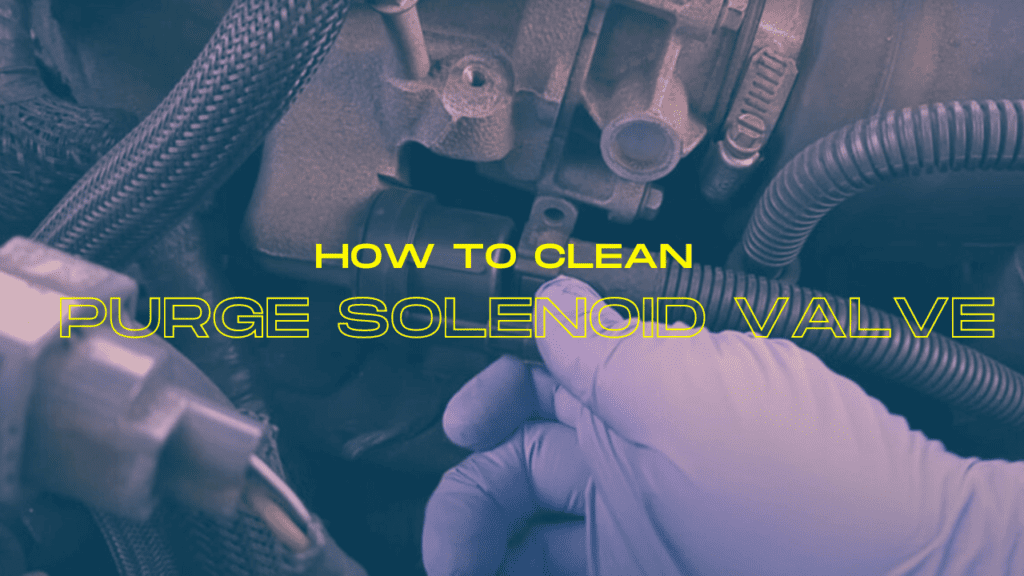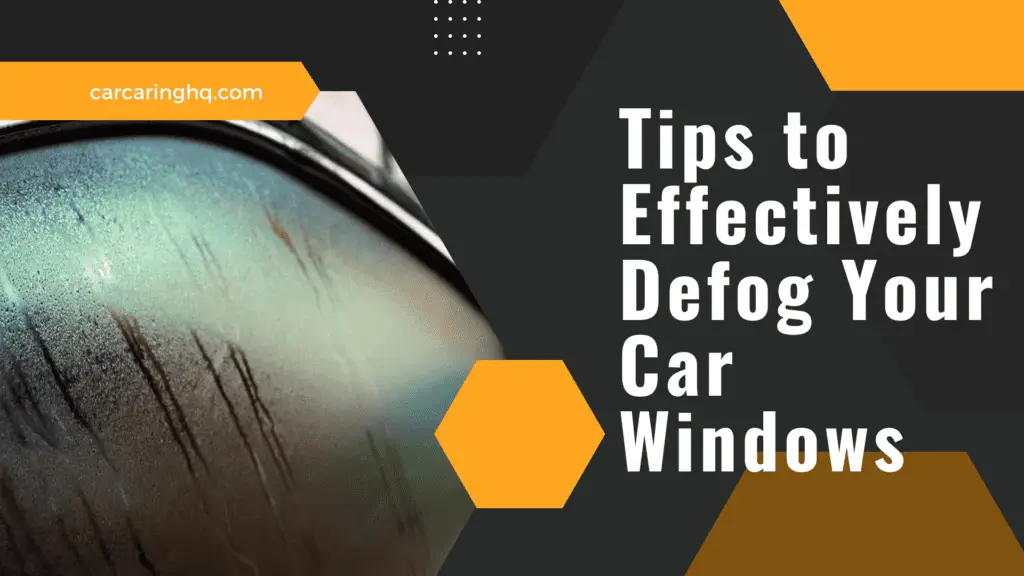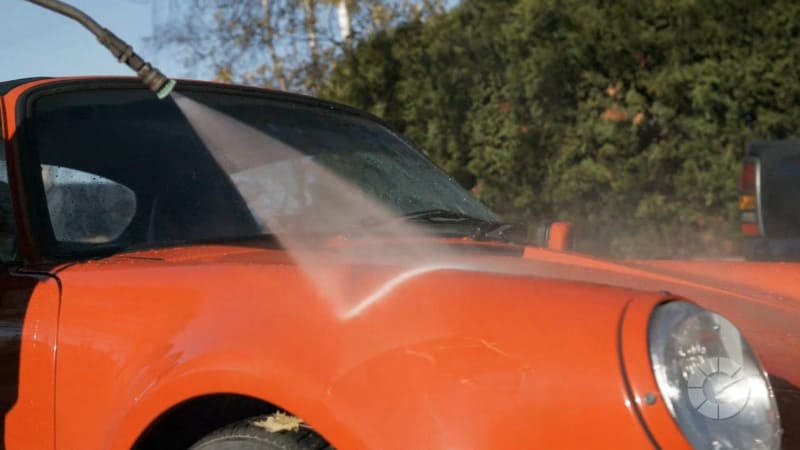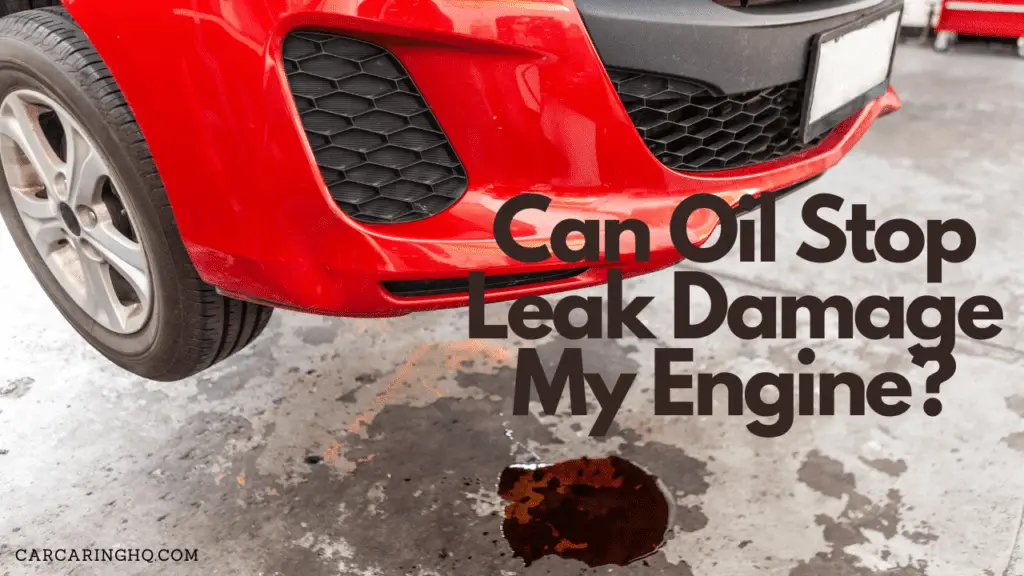When it comes to car maintenance, there are countless products and DIY solutions available to help keep your car looking and running its best.
One common household item that some car owners swear by is vinegar.
But can you use vinegar on car paint? In this article, we’ll explore the pros and cons of using vinegar for car care and what you need to know before trying it yourself.
Table of Contents
What is Vinegar?
Vinegar is a common household item that is made by fermenting ethanol or other alcohol sources.
It is a weak acid with a pH of around 2-3, which makes it slightly acidic.
Can You Use Vinegar on Car Paint?
While some people swear by vinegar as a natural, cost-effective solution for cleaning car paint, it is not recommended by car manufacturers or professional detailers.
The acidity of vinegar can potentially damage the car’s clear coat and paint, especially if it is not diluted properly.
The Pros of Using Vinegar on Car Paint:
- Cost-Effective: Vinegar is a cheap and readily available household item that can be used for a variety of cleaning tasks, including car care.
- Removes Tough Stains: Vinegar can be effective at removing tough stains from the car’s exterior, such as bird droppings or tree sap.
- Environmentally Friendly: Unlike many commercial car cleaning products, vinegar is a natural, environmentally friendly solution that does not contain harsh chemicals.
The Cons of Using Vinegar on Car Paint:
- Potential Damage: The acidity of vinegar can potentially damage the car’s clear coat and paint if it is not diluted properly or if it is left on for too long.
- Limited Effectiveness: Vinegar may not be as effective as other car cleaning products at removing dirt and grime from the car’s exterior.
- Unpleasant Odor: Vinegar has a strong odor that many people find unpleasant, which can linger in the car after use.
Alternatives to Vinegar for Car Care:
1. Car-Specific Cleaning Products
There are countless commercial car cleaning products available that are specifically formulated for use on car paint and are designed to be safe and effective.
2. Water and Soap
A simple mixture of water and soap can be effective at removing dirt and grime from the car’s exterior without the risk of damage from vinegar.
3. Microfiber Cloths
Using a microfiber cloth for cleaning the car’s exterior can help prevent scratches and swirl marks, which can be caused by abrasive cleaning products or materials.
Conclusion
In conclusion, while vinegar may be a cheap and readily available solution for cleaning car paint, it is not recommended by car manufacturers or professional detailers due to the potential damage it can cause.
While vinegar can remove tough stains and is environmentally friendly, it may not be as effective as other car cleaning products and has an unpleasant odor.
Alternatives such as commercial car cleaning products, water and soap, and microfiber cloths can be more effective and safer options for maintaining the appearance of your car’s exterior.
It is important to do your research and choose a solution that is safe and effective for your car’s specific needs.







